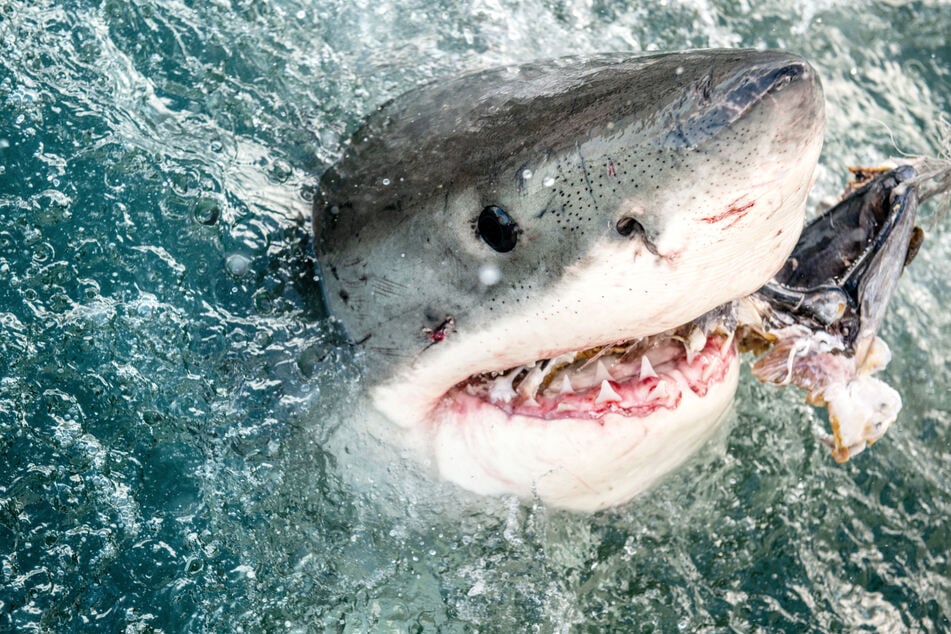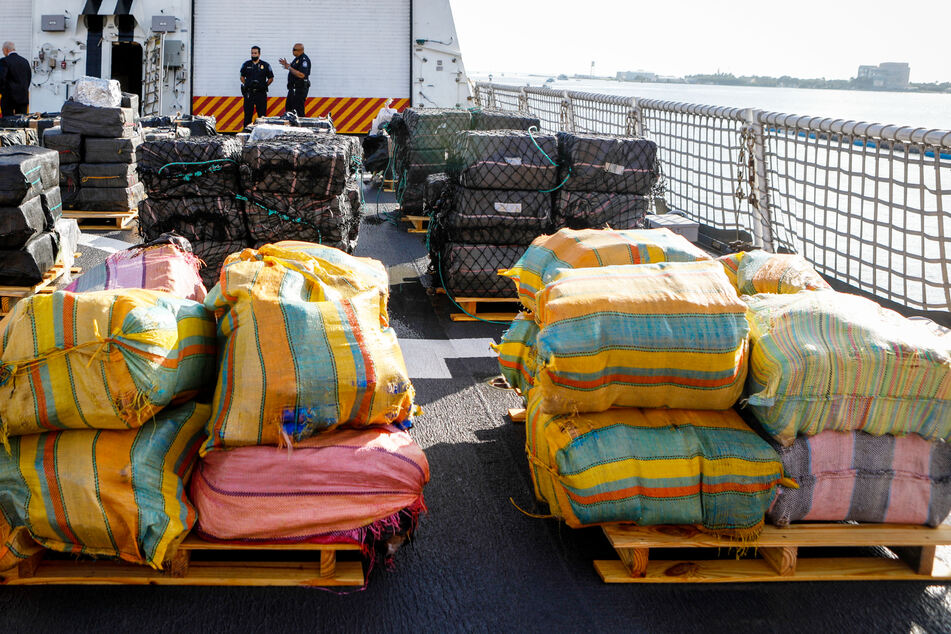Cocaine Sharks: Are sharks ingesting drugs in our waters?
Florida Keys - It's not new that sharks can be aggressive, but off the coast of Florida, the marine predators are thought to be behaving particularly erratically. Are the animals on drugs? Smugglers could be responsible, and Shark Week is diving in to find out.

First, Cocaine Bear came across our TV screens. Now, Cocaine Sharks is making a splash – but this time, it may not be just a fantasy.
Florida's coasts aren't just great for vacationing. Drug smugglers have also been using the expansive beaches for decades to bring cocaine into the US from South and Central America, by simply tossing drug packages into the sea and having them wash ashore with the help of the tide.
Just this June, the US Coast Guard seized more than 14,000 pounds of cocaine in the Caribbean and Atlantic, worth an estimated $186 million.
Marine biologist Tom Hird set out to research what effects cocaine, as well as chemicals and other pharmaceuticals, can have on marine life, especially sharks – some of the largest sea creatures in the world. As Hird told the outlet Live Science, concentrations of human substances in the waters off the US coast are increasing.
The biologist conducted a series of experiments together with environmental scientist Tracy Fanarahich, and their results can be seen in the documentary Cocaine Sharks, part of this week's Shark Week on the Discovery channel.
Shark Week explores whether sharks are eating cocaine in the ocean

Researchers were on the lookout for sharks around the Florida Keys. The team believes the animals frequently come into contact with washed-up drugs, especially at this location.
They then conducted experiments to help study the reactions of marine predators to the white powder:- Bait packages thrown into the water similar in size and look to cocaine bales, next to fake swans used to attract sharks
- Packages made of highly concentrated fish powder, used to induce a dopamine rush - comparable to a drug trip - in the animals
- Fake cocaine bales dropped from an airplane, simulating a real drug drop
Observations of all three experiments showed the same picture: the sharks literally pounced on their "prey," biting into the packages or swimming away with them. Even the fake swans, which would normally interest sharks, were ignored by the marine predators.
Proving this likely isn't the first time the sharks have had contact with "surprise packages," do they regularly make off with and ingest cocaine?
The answer is not entirely clear, but Hird hopes this will lead to more research and tests on traces of cocaine in the sea animals' bloodstream.
To dive in with Cocaine Sharks, check out the show, airing on Discovery Channel at 10 PM EST on Wednesday, July 26.
Cover photo: 123RF/surz

